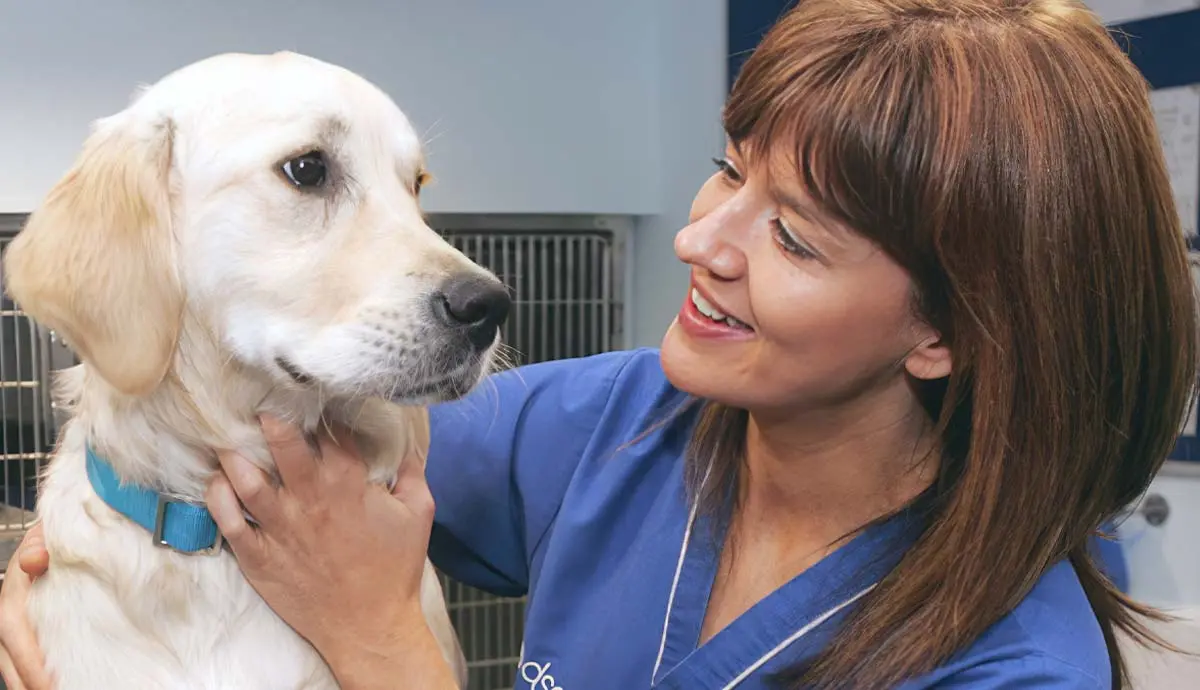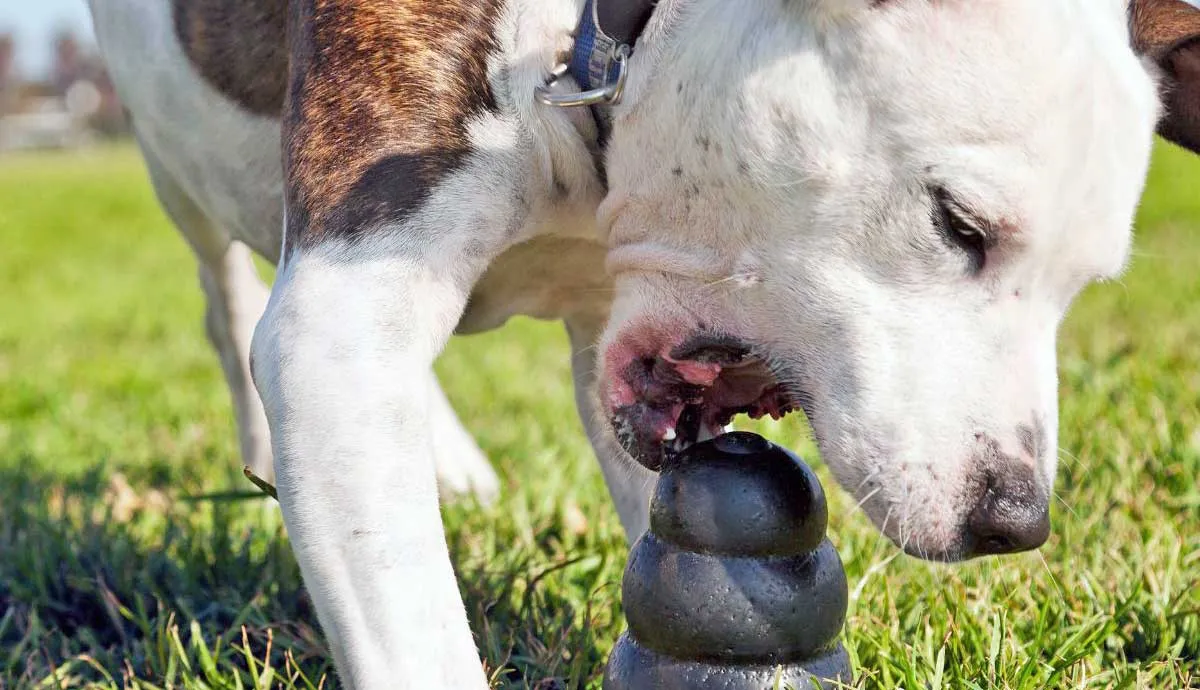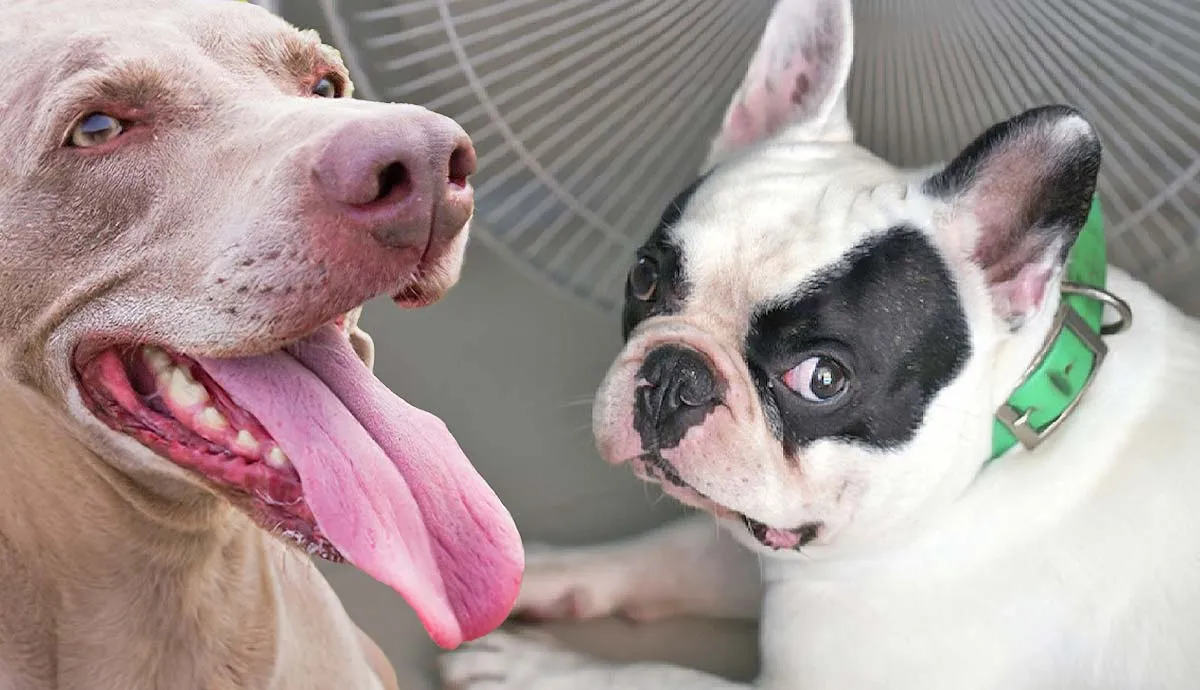If your canine companion has a strong prey drive, he may have eaten a rat before you could intervene. As gross and scary as the incident may be, calmly assess the situation before acting.
A dog that has eaten a rat may be at risk of developing internal parasites or suffering from ingesting rat poison. Take your dog to the vet as soon as possible after eating a rat to get checked out. Then, work to prevent the incident from happening again.
Rats Carry Parasites Your Dog Can Contract
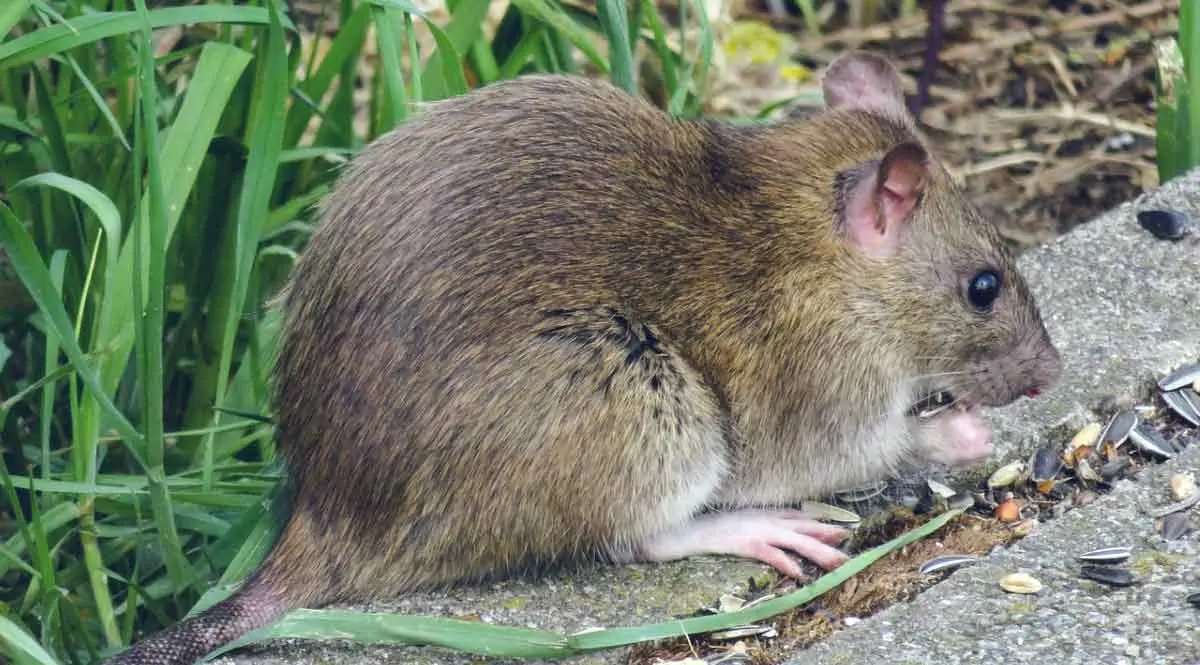
Dogs, especially certain terriers or Dachshunds who were bred to hunt down vermin, are naturally drawn to the tiny squeaks and scurrying sounds of rodents. They may know rats are in your yard or home long before you do. Although dogs have been bred to hunt rats and typically will be fine if they eat a live one, there are some dangers to be aware of.
Rats may carry internal parasites or other viruses, bacteria, or fungi that could spread to your dog. Additionally, if you or a neighbor have been trying to control rats with poison, and your dog eats a rat, there is a risk of secondary poisoning.
What to Know About Internal Parasites
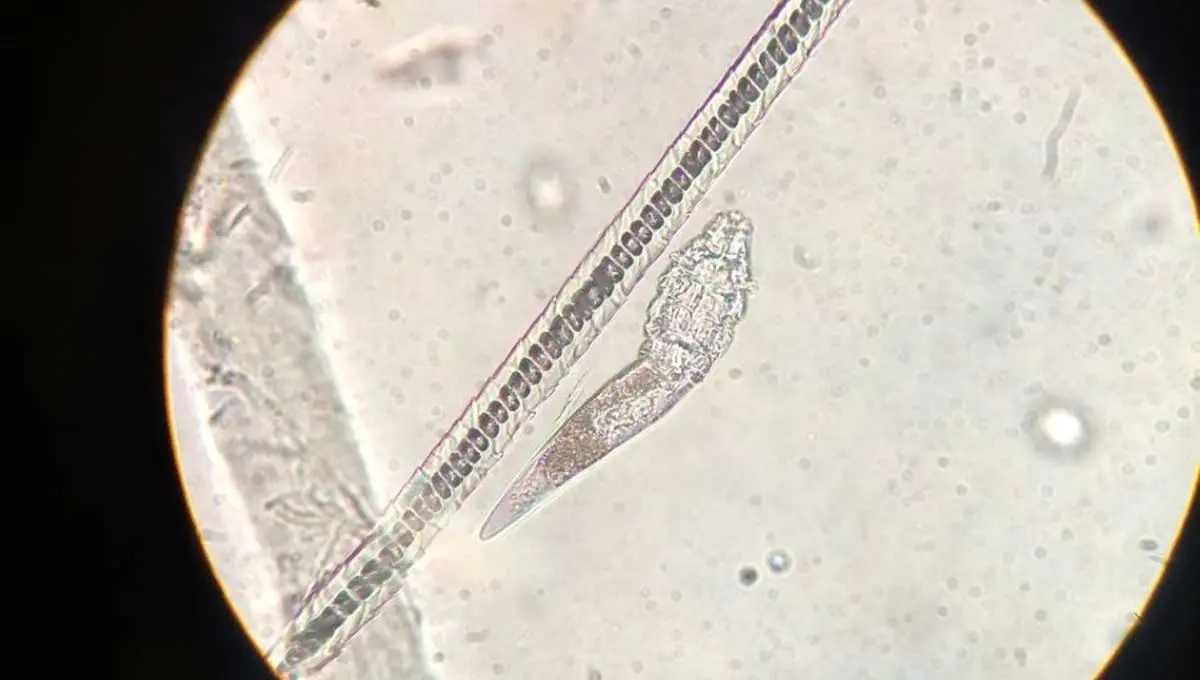
Studies have shown that rats carry a host of parasites. They also carry many viruses, bacteria, and fungi that can easily spread from them to your dog. If your dog has eaten a rat, you will want to treat them for internal parasites (sometimes called “worms”) with dewormer and monitor for signs of a parasitic infection.
The most common parasite that rats pass on are tapeworms, however, they can pass on other parasites, as well. Many of the common symptoms of internal parasites include gastrointestinal upset, weight loss, lethargy, pot-bellied appearance, and anemia. In young dogs and puppies, internal parasites can affect growth and development.
Signs of a parasitic infection typically take about two to three weeks after exposure. You should consult your dog as soon as you notice symptoms in your pet.
Rats That Have Eaten Poison Could Poison Dogs
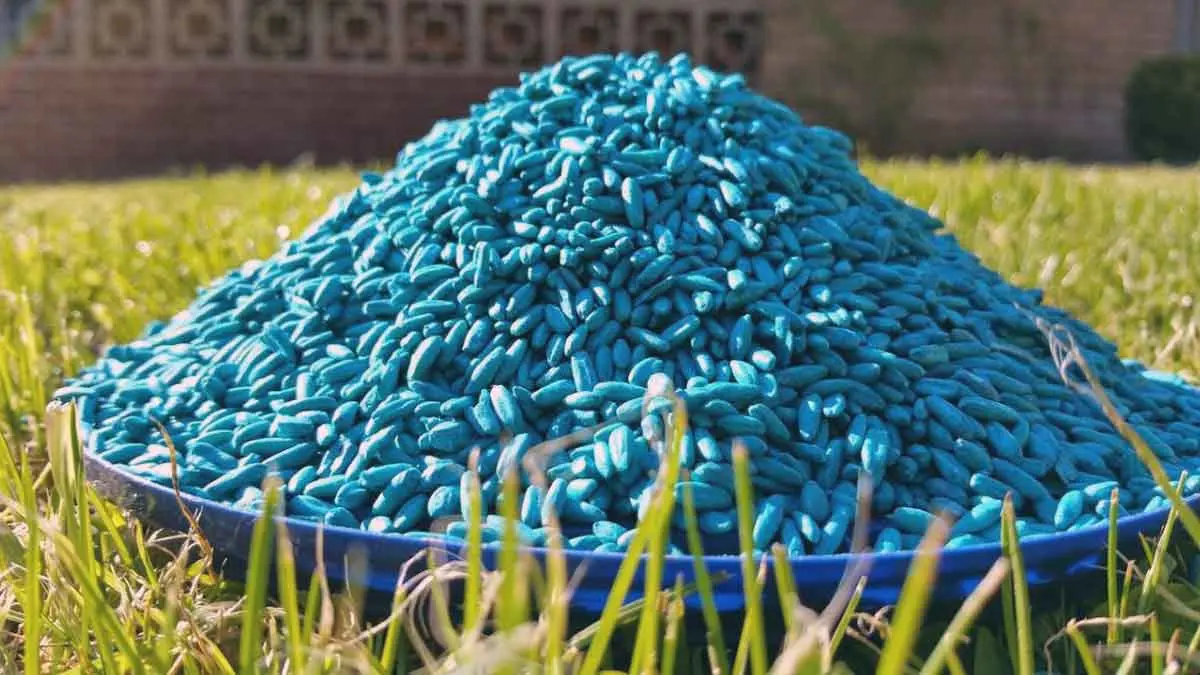
Another more serious consequence of your dog eating a rat may be exposure to rat poison, especially if the dog found the rat dead when it ate it. There are many types of rat poisons on the market. Some rat poison products increase the calcium in the body, hardening tissues to cause organ failure.
Others use anticoagulants, which interfere with the body’s ability to clot blood, leading to internal bleeding. Bromoethane causes brain swelling and leads to neurological symptoms. Zinc and aluminum phosphides increase gases in the stomach once mixed with stomach acid.
When a rat ingests poison, it could take between several hours to a couple of days for the rodent to die. If, in the meantime, your dog devours the rat, your dog could be exposed to these poisons. However, it could take an additional one to seven days after your dog ingests a toxic dose of the poison for signs to show up.
This type of secondary poisoning is highly unlikely, but to be hyper-vigilant, it is important to monitor your dog’s symptoms and get them to a vet for a check-up if anything seems off.
Contact Your Vet
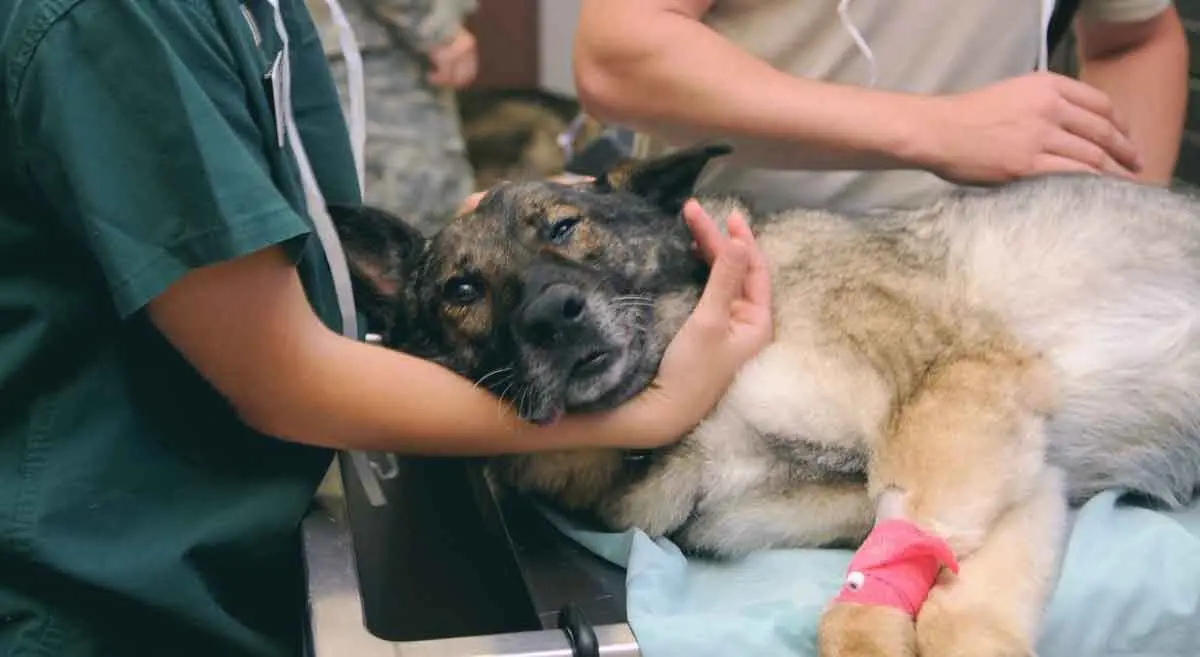
As noted, rats carry diseases and can spread viruses, bacteria, and fungi. Clean your dog’s paws, mouth, and any other areas that came into contact with the rat. Additionally, disinfect any surfaces, bedding, or other objects that came into contact with the rodent.
For the next couple of weeks, it is important to monitor your dog for any behavioral or physical changes. If your dog begins experiencing gastrointestinal symptoms or acts differently in any way, you should contact your veterinarian and get your dog checked out.
Prevent Your Dog from Eating a Rat (Again)
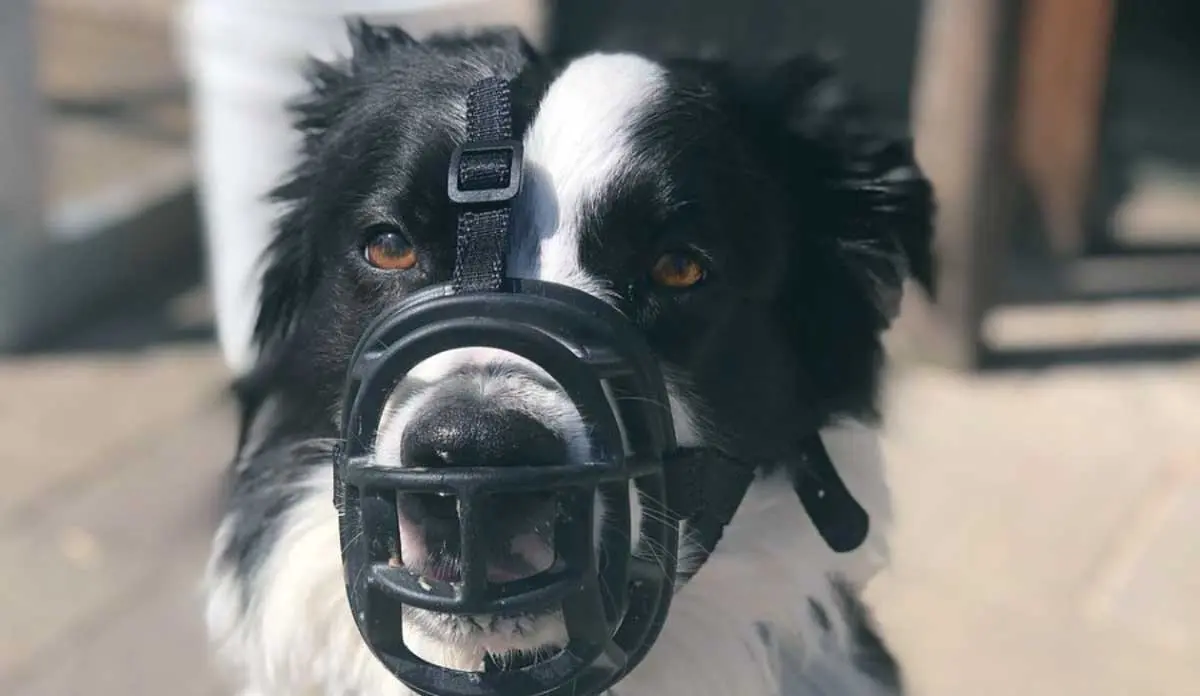
After your dog has eaten a rat, and you’ve ruled out any health concerns, there’s only one thing left to do: prevent your dog from eating another rat in the future. If you have a rat problem, be sure to keep any rat poisons away from your dog, and if you know where the rats are housed, try to keep your dog away from that area until the rats are taken care of.
Make sure to train your dog with commands such as “drop it” for instances such as these. That way, when your dog hunts a small mammal, you can issue that command to get them to relinquish the animal so you can properly dispose of it to prevent any issues.
If your dog is particularly prone to hunting and eating rodents, you may need to muzzle your dog in areas where you know that rodents frequent. This may include muzzling them at dog parks, on hikes, and when traveling for long periods.
Could My Dog Get Rabies From Eating a Rat?

If your dog contracts rabies from another animal’s saliva, this is fatal. There is no cure for rabies, and your vet will likely recommend putting them down. However, here’s some good news: rats and other rodents, such as gerbils, hamsters, rabbits, and hares, rarely carry rabies. Your dog probably won’t get rabies from eating a rat. However, they should always be vaccinated for rabies in case they come into contact with a wild animal, like a raccoon.
Be Cautious and Consult a Vet

Most of the time, when a dog eats a wild rat, they will digest it normally, and all will be well. However, it is important to understand that wild rats carry many parasites and diseases that could pass on to your dog. Additionally, if you or a neighbor have been trying to control a rat population with poison, it is important to monitor your dog for any signs of secondary poisoning.
If anything seems off, or your dog experiences any odd symptoms, be sure to contact your vet as soon as possible.
FAQs
Q: Can a dog that has eaten a rat transmit any diseases or parasites to humans, especially if they live in close quarters?
A: Yes, a dog that has eaten a rat can transmit diseases or parasites to humans through close contact, especially if they lick faces or hands.
Q: How can a dog owner effectively clean their dog's mouth after they have eaten a rat to reduce the risk of disease transmission?
A: To clean a dog's mouth, gently wipe the exterior with a damp cloth and provide dental chews or toys that help clean their teeth and gums.
Q: What specific steps can a dog owner take to rat-proof their home or yard to prevent their dog from encountering and eating rats in the future?
A: Rat-proofing involves sealing entry points in the home, removing food sources and clutter where rats may nest, and using dog-safe rodent control measures outside.
